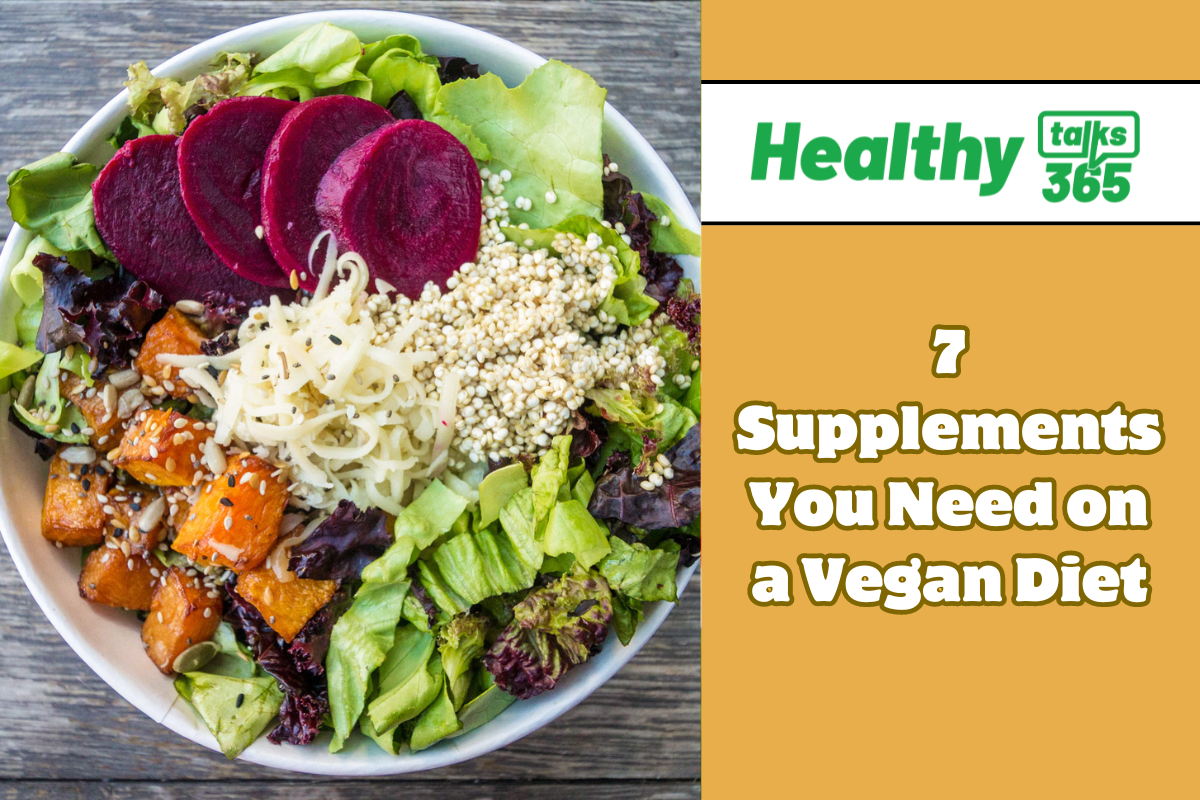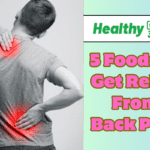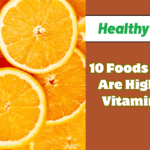7 Supplements You Need on a Vegan Diet
1. Vitamin B12 should be included in a vegan diet
Vitamin B12 is essential for maintaining optimal health, and while it is commonly found in animal products, it can be challenging for vegans to obtain enough of this vitamin through diet alone. As such, it is important for individuals following a vegan diet to include reliable sources of vitamin B12 in their daily eating plan. While some fortified plant-based foods, such as breakfast cereals, plant-based milk, and nutritional yeast, may contain vitamin B12, it is advisable for vegans to also consider taking a vitamin B12 supplement to ensure adequate intake.
Vitamin B12 plays a crucial role in various bodily functions, including red blood cell formation, nerve function, and DNA synthesis. Deficiency in vitamin B12 can lead to symptoms such as fatigue, weakness, tingling sensations, and neurological problems, making it essential for vegans to prioritize adequate intake of this vitamin.
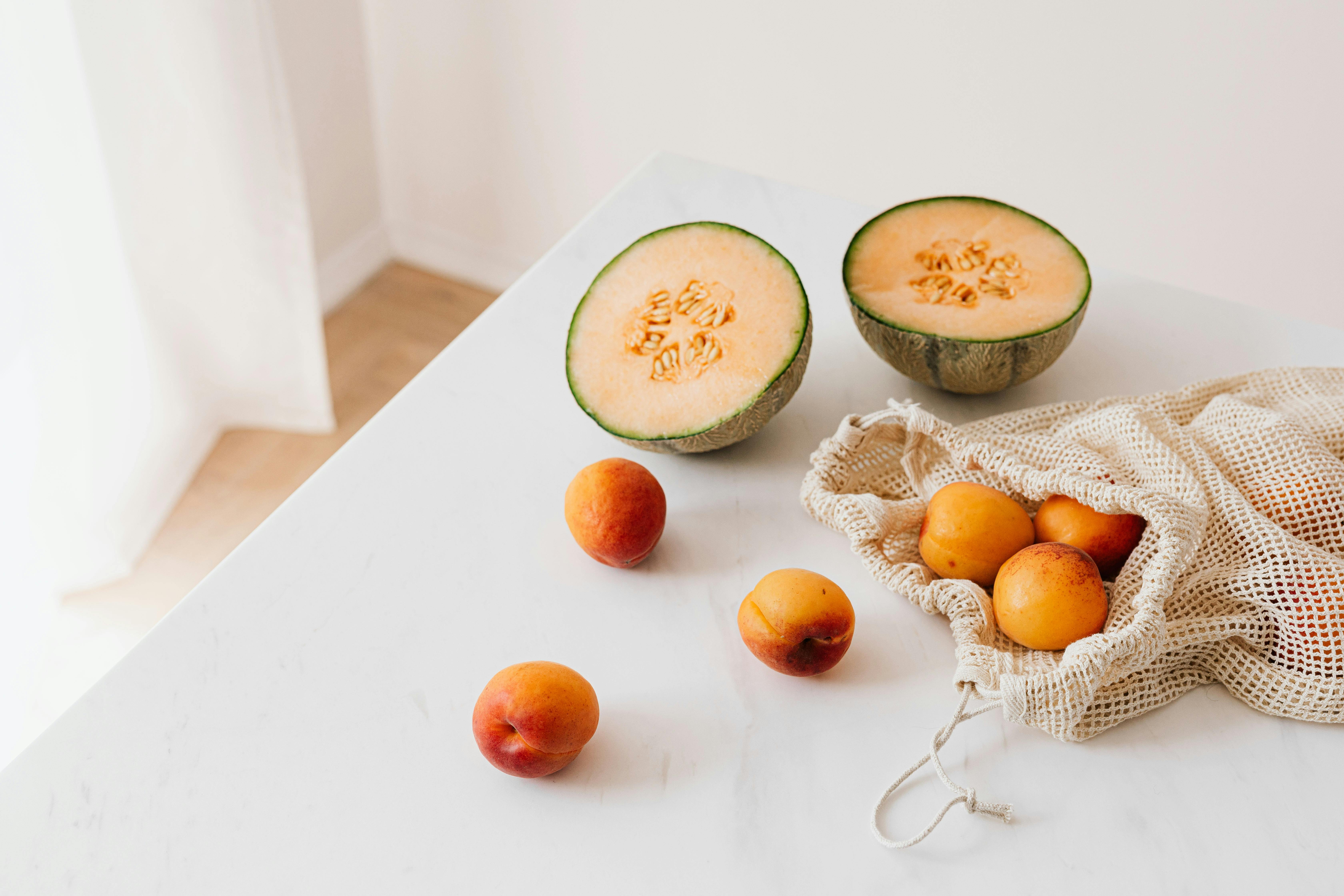
Read Also:
Focus While Studying: 10 Proven Methods
2. Vitamin D is a beneficial component of a vegan diet
Vitamin D is indeed a valuable addition to a vegan diet, as it plays a crucial role in various physiological processes and supports overall health and well-being. While vitamin D is commonly obtained from sunlight exposure and animal-based foods such as fatty fish, fortified dairy products, and eggs, it can be more challenging for vegans to ensure an adequate intake of this essential nutrient.
However, there are vegan-friendly sources of vitamin D available, such as fortified plant-based milk, orange juice, cereals, and certain types of mushrooms, which can help vegans meet their daily vitamin D requirements. In addition to fortified foods, vitamin D supplements derived from plant-based sources are also available and can be an effective way for vegans to ensure they are getting enough of this important nutrient.
3. Omega 3 fatty acids is a must for vegan diet
Omega-3 fatty acids are essential components of a healthy diet, and while they are commonly found in fatty fish and seafood, it is important for vegans to ensure they are getting an adequate intake of these beneficial fats through plant-based sources. While plant-based sources of omega-3 fatty acids may not provide the same type of omega-3s found in fish, they can still offer valuable health benefits.
Flaxseeds, chia seeds, hemp seeds, walnuts, and algae oil are all excellent sources of omega-3 fatty acids for vegans, providing alpha-linolenic acid (ALA), a type of omega-3 fatty acid that can be converted into the more active forms, eicosapentaenoic acid (EPA) and docosahexaenoic acid (DHA), in the body. Incorporating these omega-3-rich foods into a vegan diet can help support cardiovascular health, brain function, and overall well-being.
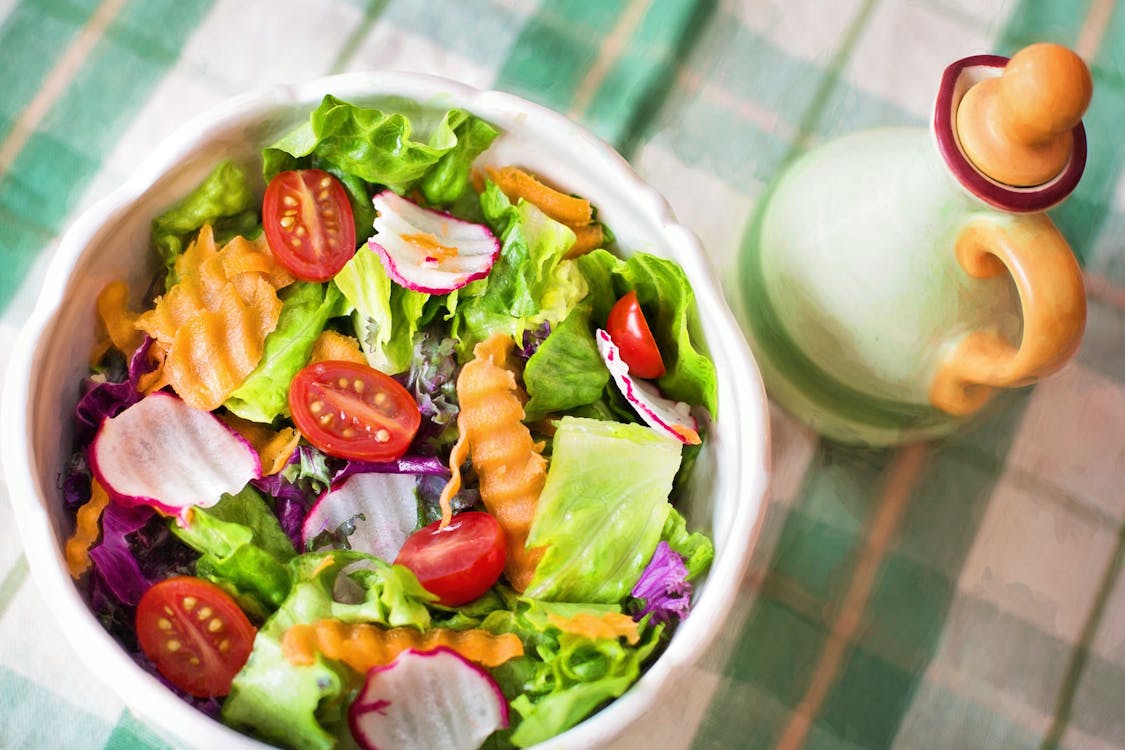
4. Iron should be added in a vegan diet
Iron is a vital nutrient that plays a crucial role in various bodily functions, including oxygen transport, energy production, and immune function. While iron is commonly obtained from animal sources such as red meat, poultry, and seafood, it is important for vegans to ensure they are getting enough iron through plant-based sources.
Plant-based sources of iron include beans, lentils, tofu, tempeh, quinoa, fortified cereals, nuts, seeds, and dark leafy greens such as spinach, kale, and Swiss chard. However, it is important to note that the iron found in plant-based foods is non-heme iron, which is not as readily absorbed by the body as heme iron found in animal products.
Read Also:
5. Calcium is important for a vegan diet
Calcium is a crucial nutrient for maintaining strong bones and teeth, as well as supporting various other bodily functions. While dairy products are commonly associated with calcium, it is important for vegans to ensure they are obtaining enough calcium from plant-based sources. Calcium absorption can be enhanced by consuming foods rich in vitamin D, such as fortified plant-based milk, mushrooms, and fortified cereals, as well as by maintaining adequate levels of stomach acid.
Fortunately, there are many vegan-friendly sources of calcium available, including fortified plant-based milk, tofu, tempeh, fortified orange juice, almonds, sesame seeds, and dark leafy greens such as kale, collard greens, and bok choy. Including a variety of calcium-rich foods in a vegan diet can help ensure adequate intake of this essential mineral.
6. Adding zinc in a vegan diet can help in meeting body needs
Incorporating zinc into a vegan diet is essential for meeting the body’s nutritional requirements and supporting overall health and well-being. While zinc is commonly found in animal-based foods such as meat, poultry, and seafood, there are several plant-based sources of zinc that can be included in a vegan diet. Legumes, such as beans, lentils, and chickpeas, nuts, seeds, whole grains, and tofu are all excellent sources of zinc for vegans.
Ensuring an adequate intake of zinc is important for supporting immune function, wound healing, DNA synthesis, and proper growth and development. Zinc also plays a role in maintaining healthy skin, hair, and nails, as well as supporting cognitive function and mood regulation.
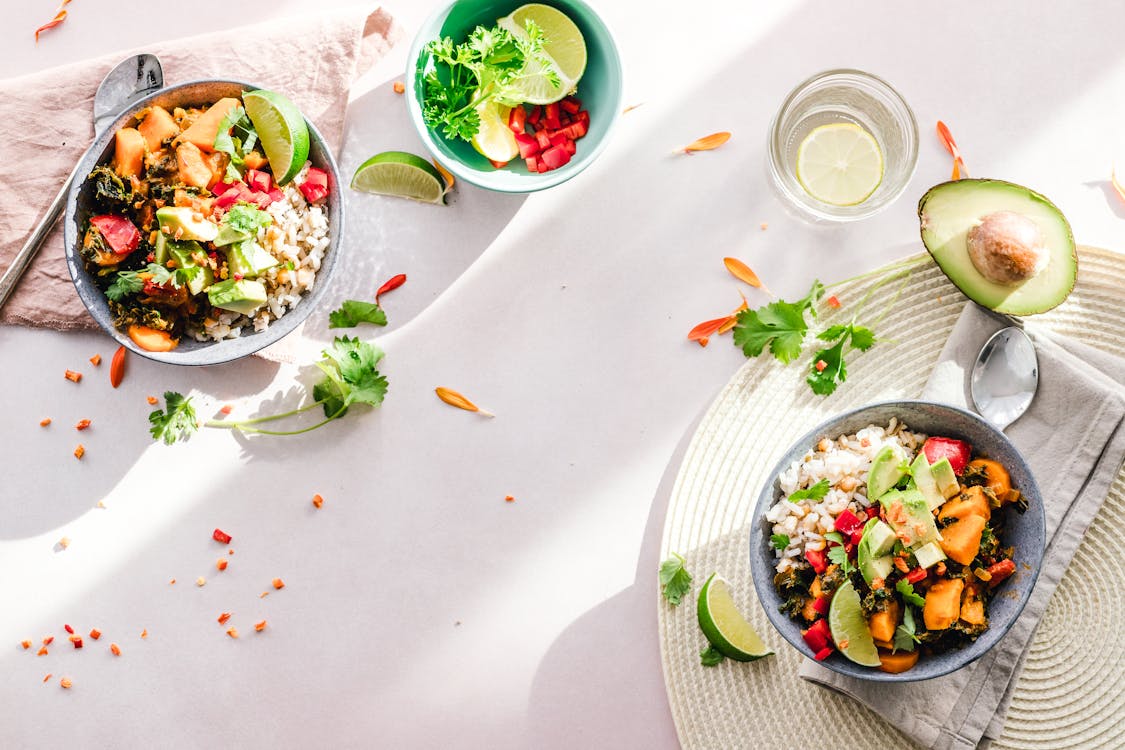
7. Iodine should be included in a vegan diet for proper balance
Including iodine in a vegan diet is essential for maintaining proper thyroid function and overall health. While iodine is commonly found in seafood and dairy products, vegans can obtain iodine from plant-based sources such as iodized salt, seaweed, and fortified foods. Ensuring an adequate intake of iodine is important for preventing iodine deficiency disorders, such as goiter and hypothyroidism.
Iodine plays a crucial role in regulating metabolism, supporting energy production, and promoting proper growth and development. Vegans should be mindful of their iodine intake and consider incorporating iodine-rich foods or supplements into their diet to meet their nutritional needs. In summary, including iodine in a vegan diet is essential for maintaining thyroid health and overall well-being.
